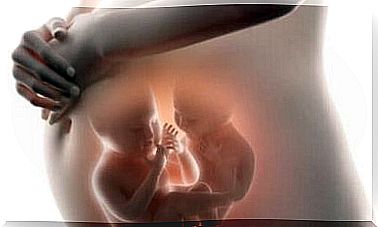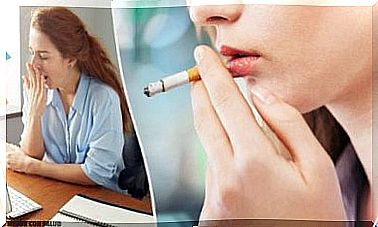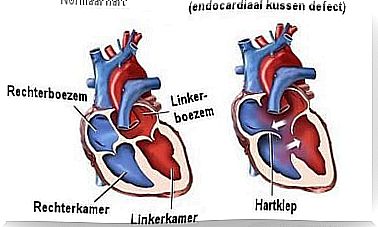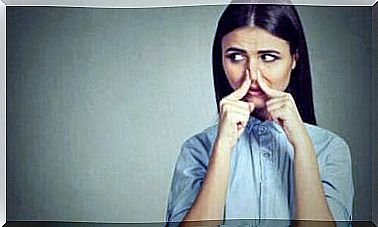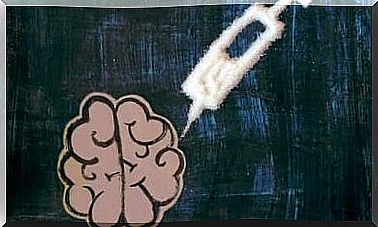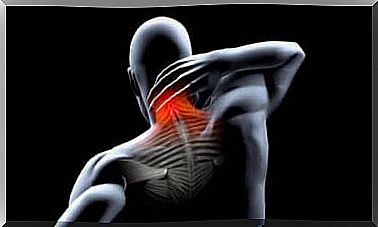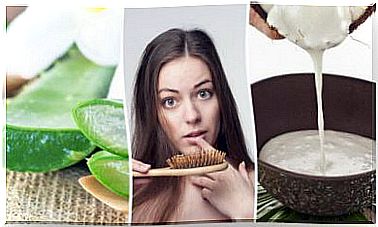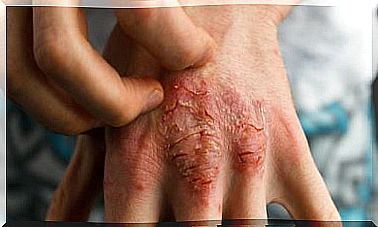Dairy Products Do Not Help Prevent Bone Loss
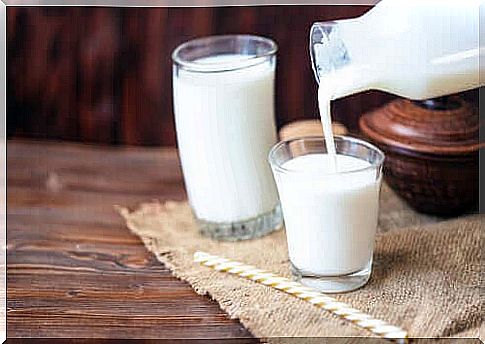
We have associated dairy products with preventing bone loss for decades. However, this statement is now disputed. While these foods are rich in calcium, other factors, such as exercise or vitamin D levels, are more important in the fight against osteoporosis.
This disease is characterized by the fact that it often affects women who have already gone through the menopause. Osteoporosis is irreversible and it is crucial to ensure its prevention.
Once the bone begins to demineralize, it cannot regain the lost calcium. For this reason, it is important to supplement this mineral early.
Dairy products are not the best source of calcium
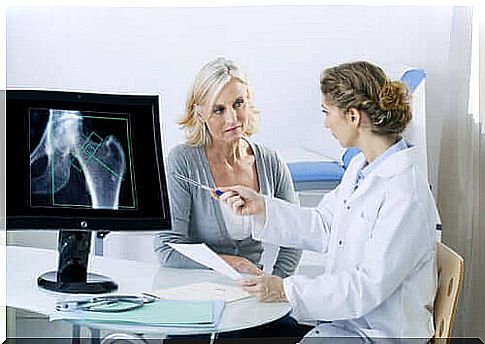
Contrary to popular belief, a number of foods contain more calcium than dairy products. Leafy vegetables for example. However, you should be careful with this type of product because if they contain high amounts of phytates or fiber, the bioavailability of the mineral may be reduced.
In any case, and according to an article published in the journal Nutrition Research Reviews, the link between high dairy consumption and reduced bone loss has not yet been clearly demonstrated.
There is some evidence that regular milk intake can reduce the risk of bone fractures, but this association is not yet scientifically sound and irrefutable.
Vitamin D helps prevent bone loss
In preventing osteoporosis , maintaining optimal vitamin D levels is more effective than high dairy intake. This nutrient and hormone stimulate the absorption and fixation of calcium in the bones, reducing the risk of fractures, according to a study published in the journal Osteoporosis International.
To ensure proper levels of this vitamin, regular exposure to sunlight is paramount. By doing so, it stimulates the internal production of nutrients, reducing the risk of developing diseases in the medium and long term.
Vitamin D can also be provided through food. However, it is only present in a small amount of food. The ones with acceptable levels are blue fish, eggs, and fortified dairy products. Even part of the mushroom family can contain it.
Exercise to prevent osteoporosis
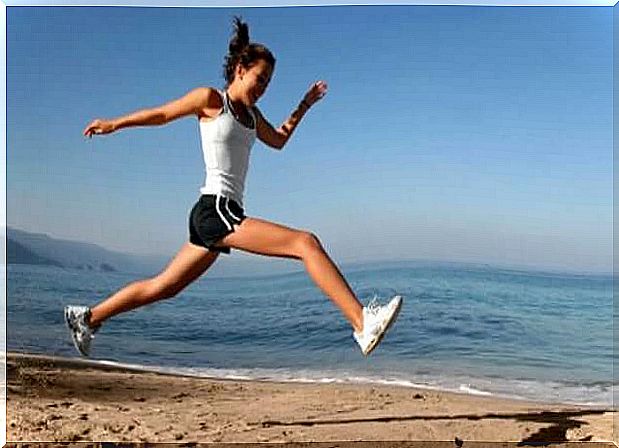
Apart from dieting, physical strength training is an effective way to increase muscle mass and bone density. Regular exercise reduces the risk of bone fractures in the medium and long term and becomes a protective factor against osteoporosis.
For this reason , combining diet and exercise is a good way to prevent the development of this syndrome in menopausal women. However, you should get used to these habits early on, not after you’ve been diagnosed.
Dairy products are not the best solution to prevent bone loss
Dairy products provide nutrients that are beneficial to the body. Many of them contain probiotics, which are responsible for improving gut health. However, in terms of bone loss, this food group does not offer much of an advantage over other alternatives.
Vitamin D can help. This nutrient increases the absorption and fixation of calcium in the bones, reducing the risk of osteoporosis. It is a vitamin deficiency among the population due to low sun exposure.
It is therefore recommended to adjust your diet and include more foods with vitamin D. In some cases, supplementation is even necessary. One of the best suggestions as a protective method against bone loss is to do physical strength training.
Regular exercise reduces the risk of fractures in women who are already menopausal. A combination of diet and exercise would be the ideal plan.
